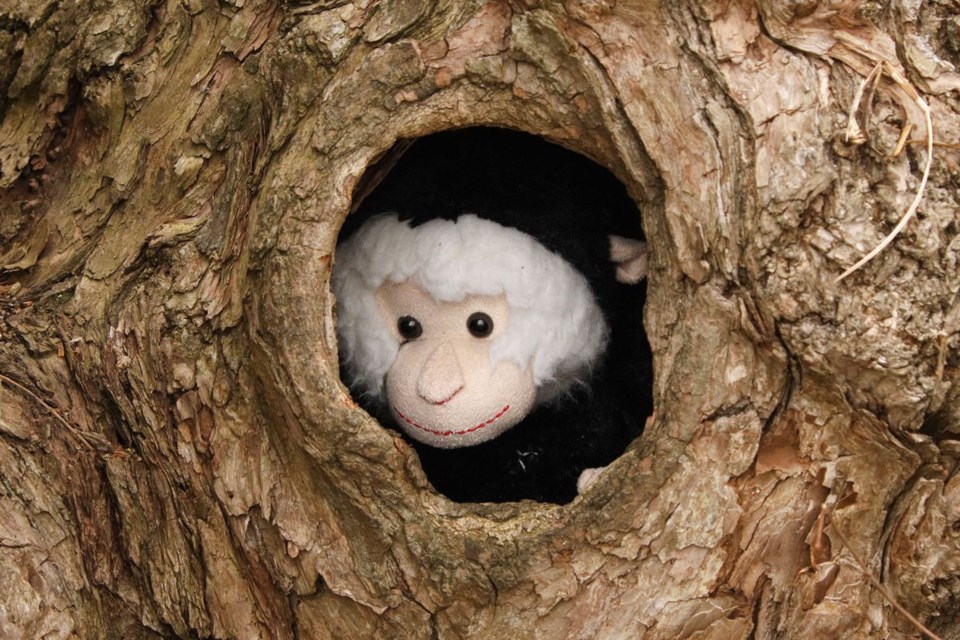An incident involving a one-armed baboon escaping a Northern Ontario home has one municipality pushing the province to add more teeth to the rules for exotic animals.
In November, a monkey named Mark escaped from a Latchford residence for roughly an hour, crossed Highway 11 and bit a woman.
The experience prompted Kirkland Lake to look at its exotic animal bylaw. It is now also petitioning the Ontario government to restrict the possession, breeding and use of exotic animals so that there’s a consistent policy across the province. Kirkland Lake council approved the motion at its April 2 meeting.
Right now, Ontario has a law to prevent wild animals that are native to the province from being kept in captivity, but there is no exotic animal legislation prohibiting or restricting animal possession, breeding or use of exotic animals in captivity. As a result, it's up to individual municipalities to create bylaws.
SEE: One-armed baboon escapes Latchford home, bites local resident
Mayor Stacy Wight brought forward the motion that notes Ontario has more private exotic animal keepers, roadside zoos, mobile zoos, wildlife exhibits and other captive wildlife operations than any other province.
Because of the lack of provincial regulations, Wight said exotic animal operations can easily move from one community to another even after they’re shut down due to animal welfare or public health and safety concerns.
“Municipalities have struggled, often for months or years, to deal with exotic animal issues and have experienced substantive regulatory, administrative enforcement and financial challenges,” reads the motion.
The motion, said Wight, has been “a long time coming.” She initially became aware of the incident at a Timiskaming Municipal Association (TMA) meeting — a committee of over 20 municipalities that gets together monthly to discuss one item of interest from each region — on Nov. 30 in Earlton, where the mayor of Latchford shared their recent experience.
Coun. Janice Ranger doesn't think the motion is specific enough.
“I know that there are some people who collect reptiles and other specialty animals and are very respectful and it can be a livelihood for some other people,” she said. “So if the language was to be more specific or less broad, I may be inclined to change, but at this time I'm not.”
On the flip side, Coun. Rick Owen fully agrees with Wight. He believes having province-wide legislation to prevent something similar to what Latchord experienced is important.
“I hate to admit this, but I am now a senior. I don't move as fast as I used to. And should one of my neighbours have exotic animals that might be a danger to me and that could escape, I'm less able to escape them. The incident in Latchford I think brought this to light,” he said.
“Also, I have grandchildren. And you know what, what's more interesting to a little kid than a baboon? They don't realize the risks that this potentially could pose to them. So, I think it's important. It's shocking that there is no province-wide legislation.”



